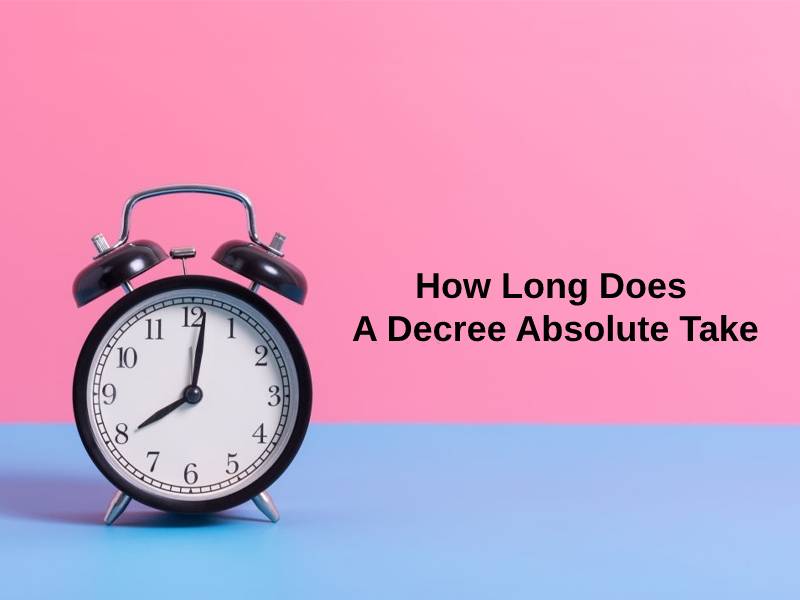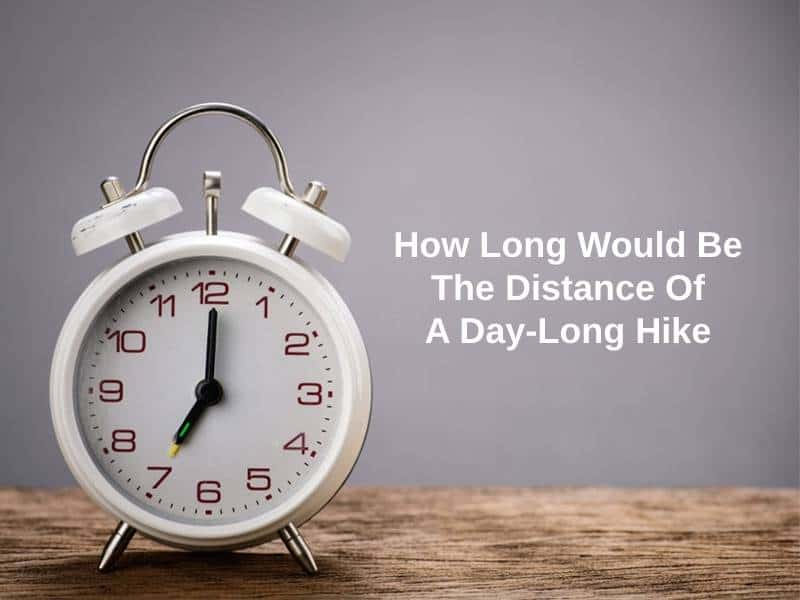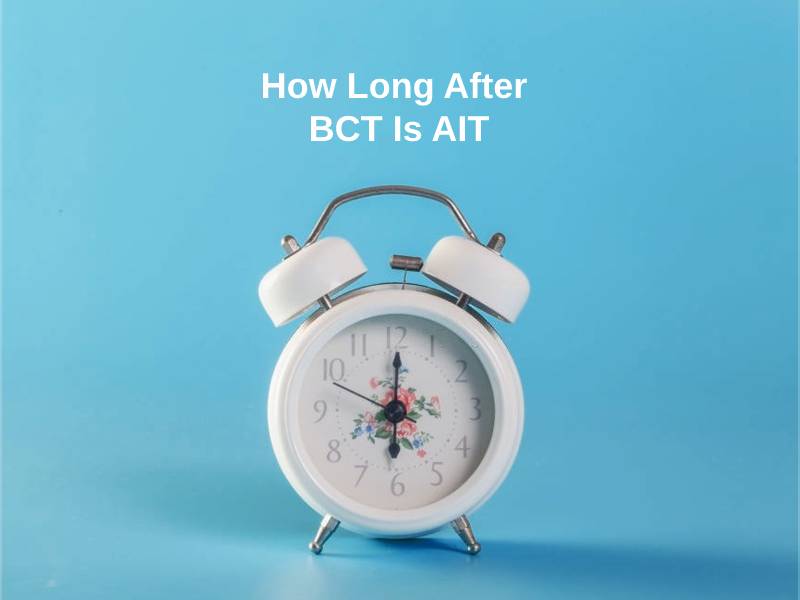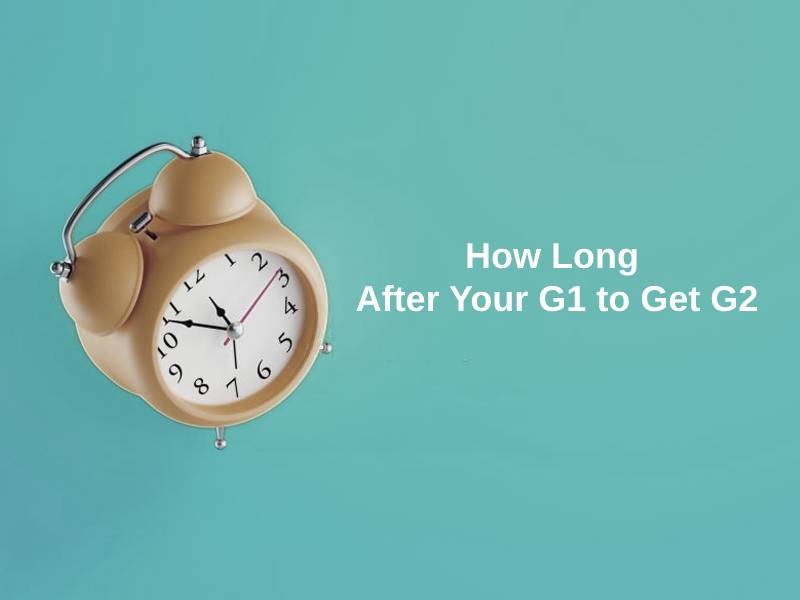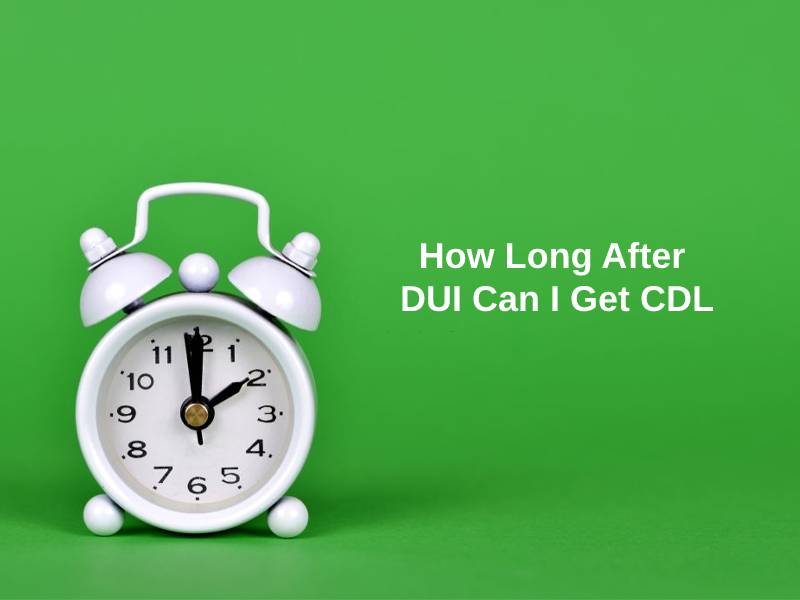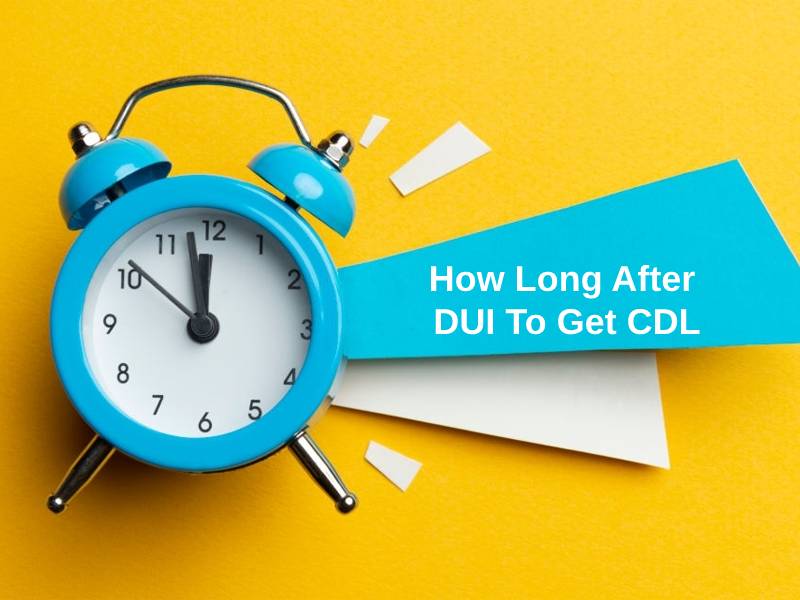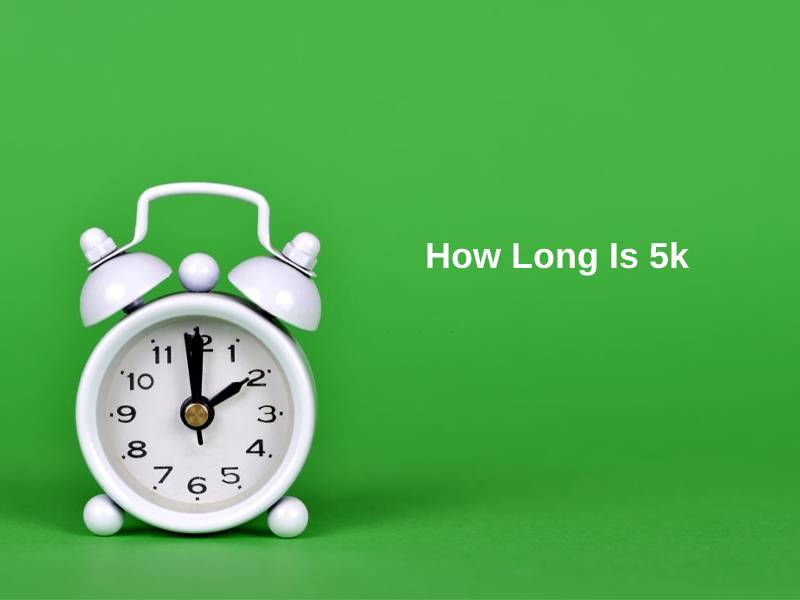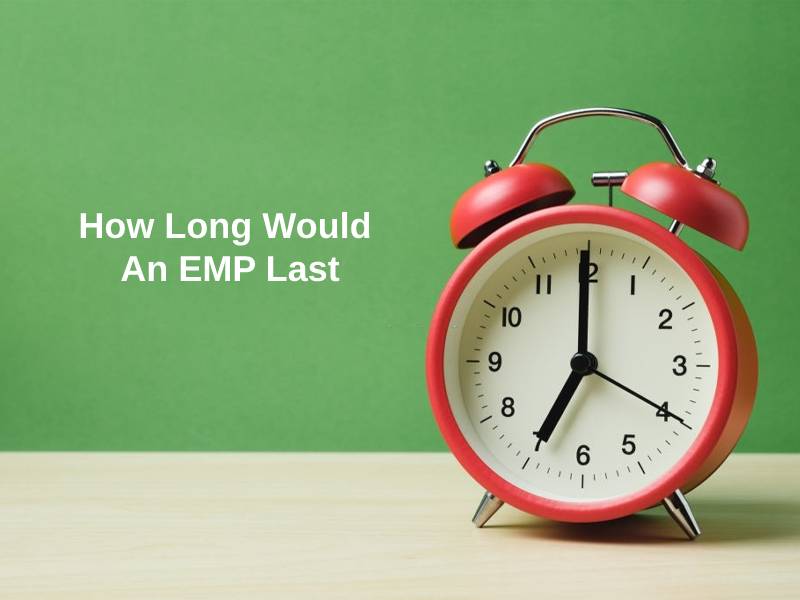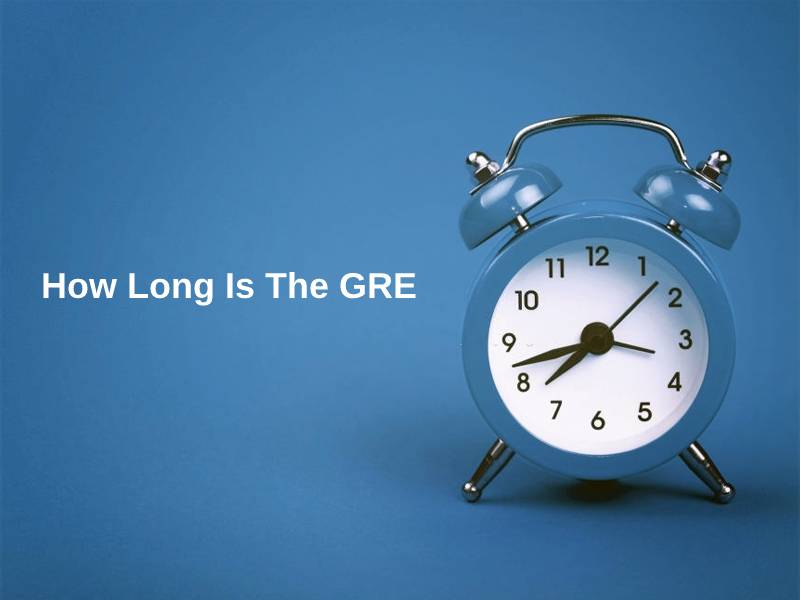Exact Answer: 6 Weeks And 1 Day
A nisi is a decree or rule that in Latin means ‘unless’. Nisi is a court order that will come into force at a specified date in the future unless a particular condition is met. Thus, nisi is called a decree, rule, or order as it shows the cause.
Unless the particular condition is met, the nisi will become a decree called absolute. Absolute is a rule that is binding on both parties. The terms nisi and absolute are law terminologies that are commonly used in divorce settlements. The usage of the terms nisi and absolute is more prevalent in the United Kingdom i.e great Britain than it is in the parts of the United States Of America.
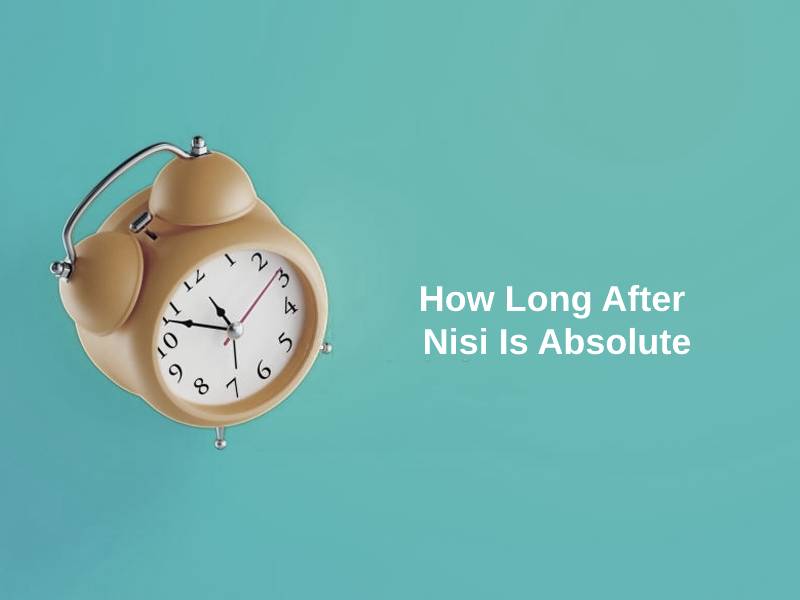
How Long After Nisi Is Absolute?
Nisi and absolute could be heard in divorce cases held in court. The judge present in the court announces a provisional decree called nisi when both the judge and court are satisfied and all the legal proceedings and the procedural requirements are duly fulfilled by the person applying for the divorce.
The person wanting a divorce isn’t declared free from marriage immediately after he is granted the decree nisi. The marriage still exists after the rule nisi is pronounced. Thus, it could be concluded that the person is not completely divorced after receiving the nisi order.
The divorce will be granted and would become binding only after the decree absolute is passed. After nisi, a total of 43 days i.e 6 weeks and 1 day is required to be waited by a person applying for the rule absolute. Hence, application for absolute could be made six weeks and one day after the announcement of decree nisi for the order absolute to become binding.
After 43 days from nisi, when decree absolute is passed, that is when the divorce of a person becomes finalized and the person is legally granted the divorce.
| Condition | Duration |
| How long after nisi is absolute | 43 days |
| How long after nisi absolute cannot be obtained | 12 months |
Why Nisi Is So Long After Absolute?
Nisi and absolute terminologies are extremely similar to the terms used in court cases, like for example, terms used in the process of dissolving a partnership in civil. In such a case, the conditional order passed is similar to rule nisi, and the order absolute is binding like the final order granted by the court.
Both nisi and absolute form essential components while getting divorced. A Nisi is quick to obtain and occurs before decree absolute. The judge grants a nisi to a party only after all the documentation required is thoroughly checked and verified. A nisi is issued only after an initial divorce petition is filed with the court.
After a period of a few months following the initial divorce petition, a decree nisi can be obtained. However, this could get delayed due to some previous backlogs pending in the court. Once the nisi is granted, for a specific period, a few last-minute final objections can be raised related to the divorce before the application becomes concrete and finalized.
Thus, the petitioner cannot under any circumstances apply for decree absolute unless six weeks and a day have passed from the date of announcement of order nisi. Only after 43 days from nisi one can apply for decree absolute which will then irrevocably end the marriage and both parties would stand divorced from each other.
Conclusion
A decree nisi is the initial step whereas decree absolute is the final stage in obtaining a divorce with the help of the court. The nisi can be declared as the initial proclamation for the case of divorce to proceed ahead. But just by obtaining a nisi, the marriage does not end. It is necessary to obtain the order absolute for the divorce to be granted.
A waiting period of 43 days has to be necessarily followed by the petitioner who has applied for the divorce. Thus, only after 6 weeks and one day following the date on which nisi was issued, the person would be eligible to apply for decree absolute. Once decree absolute has been issued, the former couple officially stands divorced and separated from one another.

